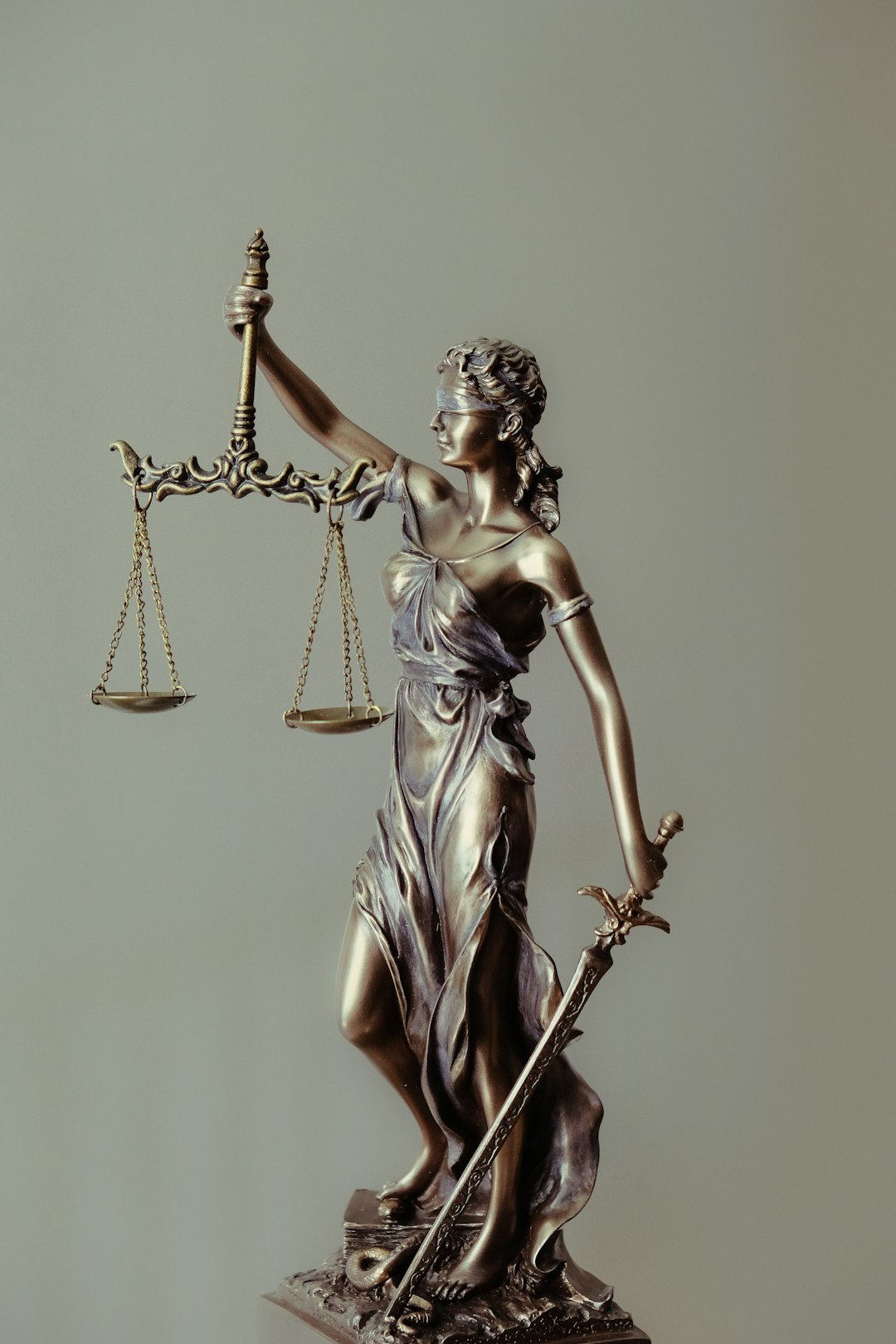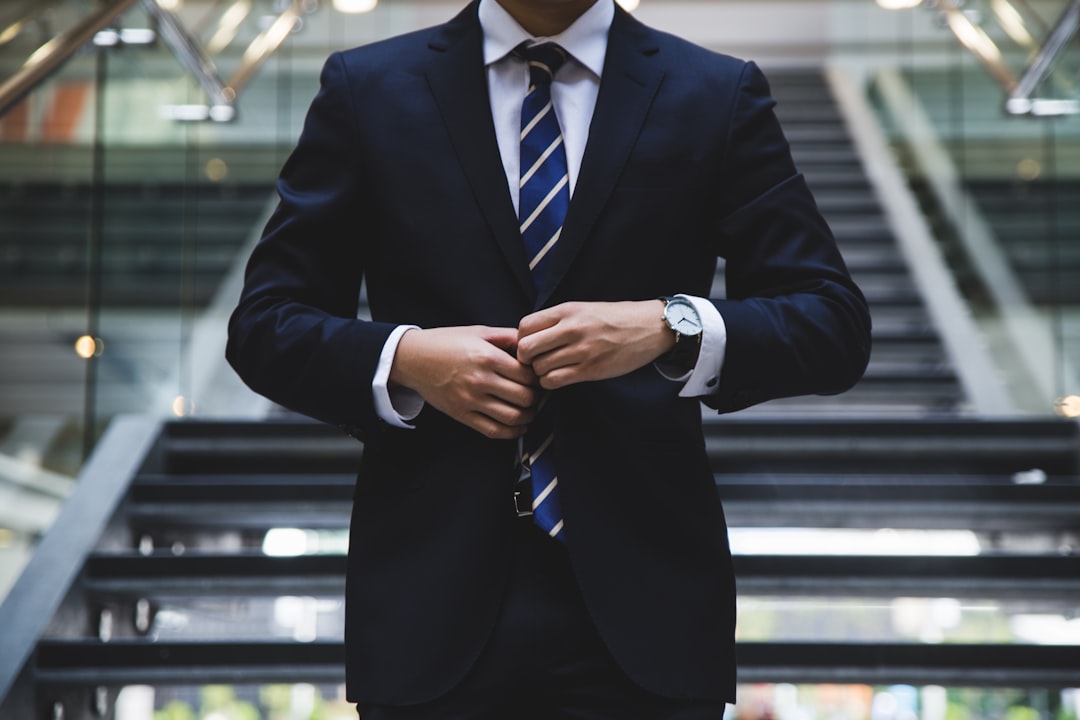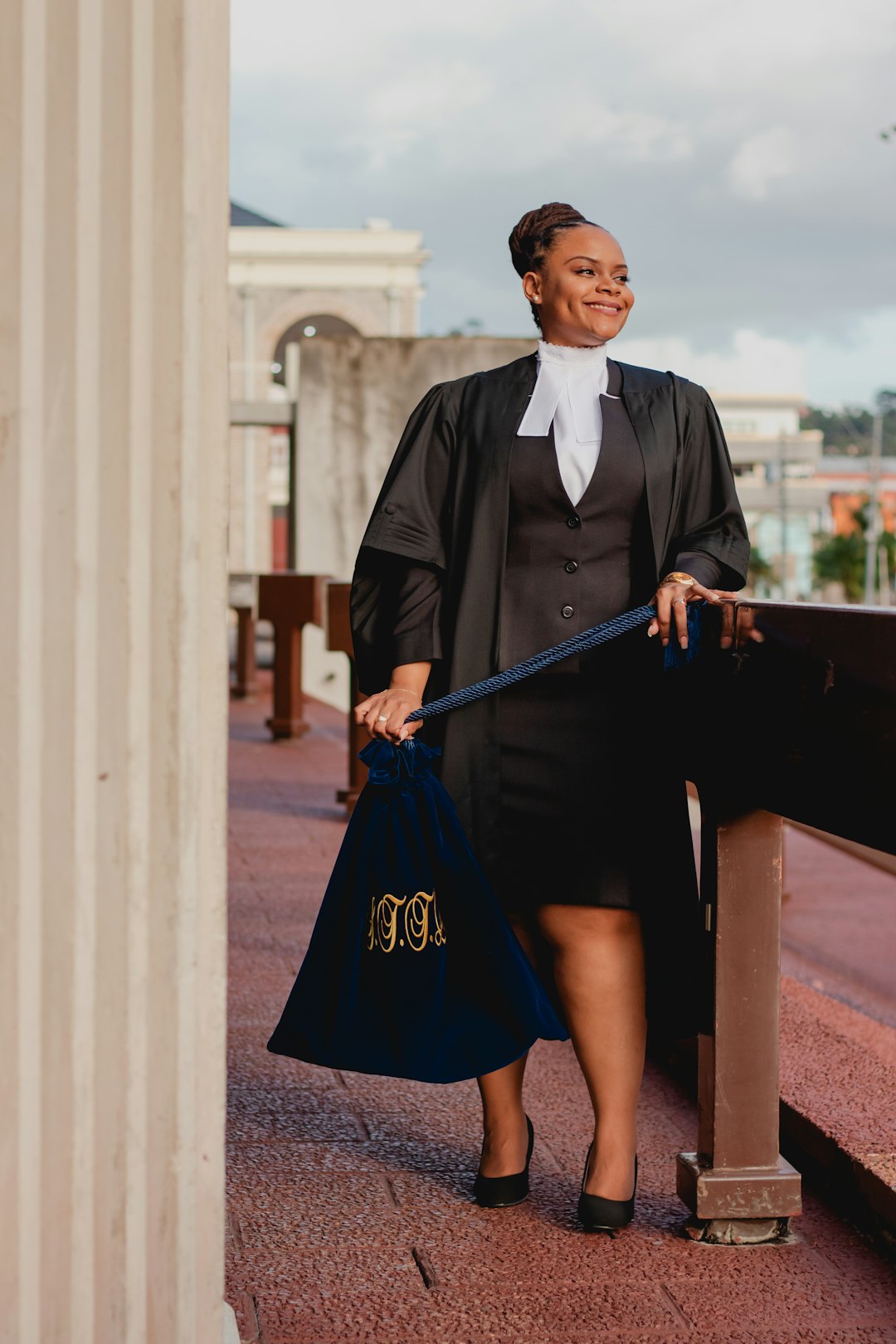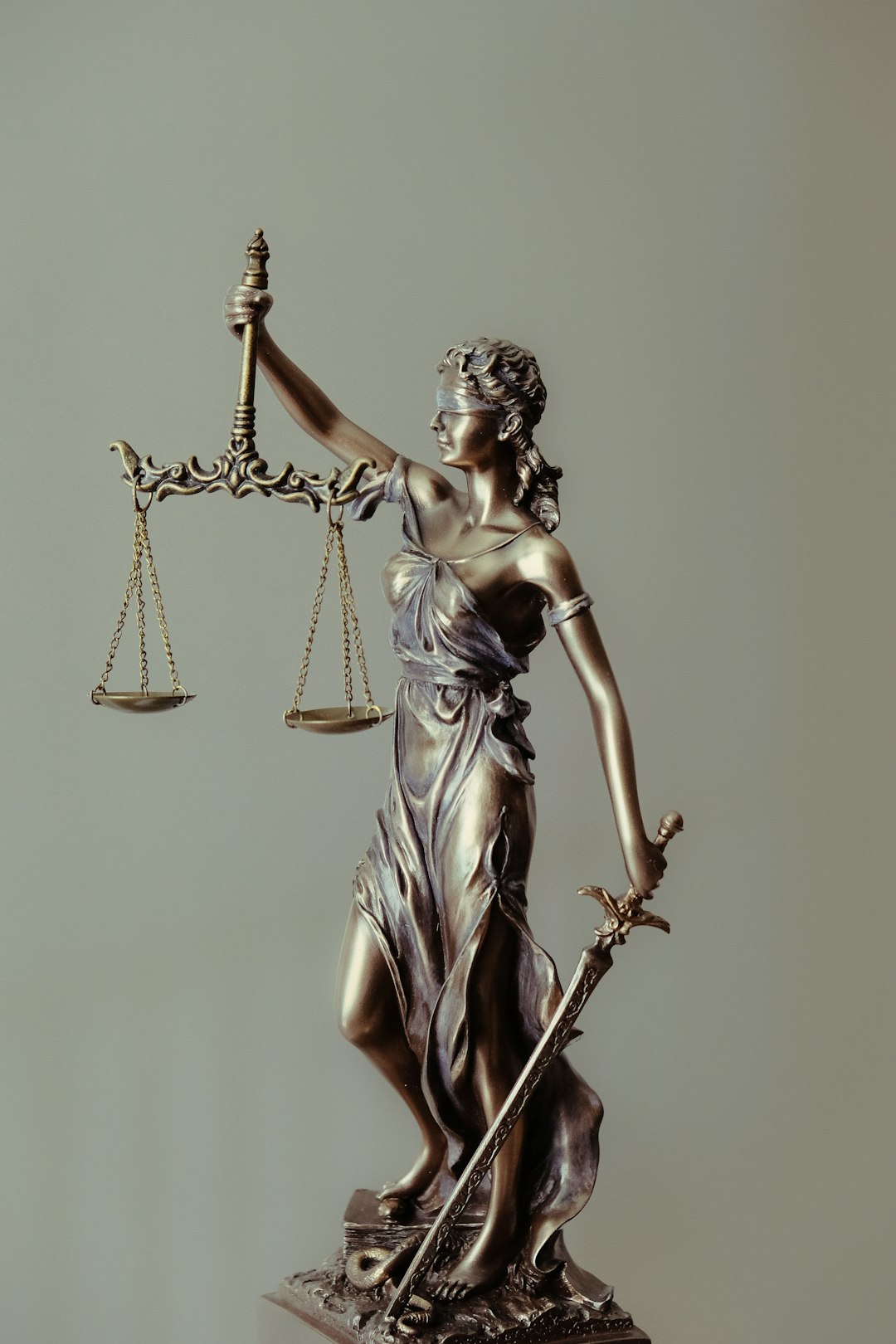In New York, addressing sexual abuse cases requires a nuanced approach due to diverse populations' unique challenges, including language differences, legal unfamiliarity, and systemic biases. A specialized sexual abuse lawyer is crucial for navigating these complexities, ensuring justice through tailored representation, meticulous evidence gathering, and emotional support for survivors. These attorneys must adapt strategies to clients' cultural backgrounds, socioeconomic statuses, and disabilities, providing multilingual support, accessibility accommodations, and culturally responsive communication to build trust and challenge systemic barriers. Effective advocacy also involves collaboration with community organizations and experts, staying informed about trauma-informed practices, and promoting an inclusive legal process for all victims.
In New York, addressing the needs of diverse populations in sexual abuse cases is paramount. Each community brings unique cultural, linguistic, and socio-economic challenges that can impact how survivors seek justice. This article explores these complexities, highlighting the critical role a skilled sexual abuse lawyer plays in navigating these issues. We delve into strategies for effectively advocating for diverse victims, ensuring their voices are heard and rights protected within the legal system, with a focus on specialized support and representation by sexual abuse lawyers in New York.
Understanding the Unique Challenges of Diverse Populations in Sexual Abuse Cases

In New York, addressing sexual abuse cases among diverse populations requires a nuanced understanding of their unique challenges and cultural contexts. Each community brings its own set of barriers to reporting and navigating legal systems, from language and cultural differences to socio-economic factors and fear of stigma. A sexual abuse lawyer in New York must be equipped to address these complexities to ensure justice for all victims.
For instance, immigrants or refugees may face challenges due to lack of familiarity with the legal system and fears related to their immigration status, while low-income communities might struggle with access to legal resources. LGBTQ+ individuals could encounter discrimination within the legal process, and survivors from racial or ethnic minorities may deal with systemic biases in law enforcement and courts. A lawyer specializing in sexual abuse cases in New York must be sensitive to these disparities to provide effective representation.
The Role of a Skilled Sexual Abuse Lawyer in New York

In complex and sensitive cases of sexual abuse, especially involving diverse populations in New York, a skilled sexual abuse lawyer plays a pivotal role. These attorneys are trained to navigate the intricate legal aspects and emotional complexities that often accompany such cases. They advocate for victims, ensuring they receive the justice and support they deserve while protecting their rights throughout the process.
A sexual abuse lawyer in New York helps build robust cases by gathering evidence, interviewing witnesses, and understanding state laws pertaining to these crimes. Their expertise enables them to challenge inappropriate evidence and cross-examine witnesses effectively. Moreover, they provide crucial emotional support to victims, helping them feel heard and understood during a challenging time, which is essential for their recovery and well-being.
Strategies for Effectively Addressing and Advocating for Diverse Victims in Legal Proceedings

When representing diverse victims of sexual abuse in legal proceedings, attorneys in New York must adopt tailored strategies to ensure their clients’ unique needs are met. This involves a deep understanding and sensitivity to cultural backgrounds, socioeconomic status, disabilities, and other factors that can significantly impact an individual’s experience and interaction with the legal system. For instance, a sexual abuse lawyer in New York may need to provide multilingual support, accommodate accessibility requirements, or adapt communication styles to build trust and facilitate open discussions with diverse clients.
Effective advocacy also includes recognizing and challenging systemic barriers that disproportionately affect marginalized communities. This could involve working closely with community-based organizations, experts, and interpreters to offer holistic support. Additionally, sexual abuse lawyers should stay informed about cultural competencies, bias awareness, and the latest research on trauma-informed practices to deliver empathetic and culturally responsive legal representation. Such strategies not only enhance the chances of a successful outcome but also foster a more inclusive and just legal process for all victims.






